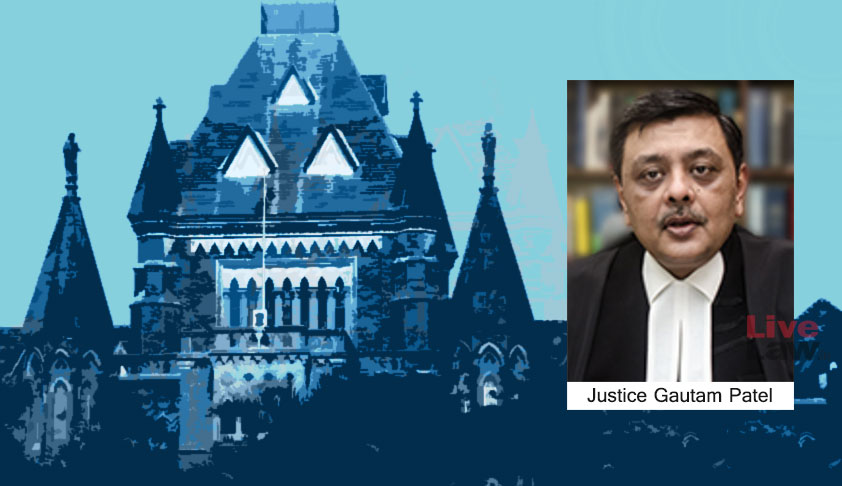Article 226 Not Meant For Publicity Or To Pillory Tribunals & Courts: Bombay HC Reminds Litigant
Manu Sebastian
29 Sept 2017 3:44 PM IST

Next Story
29 Sept 2017 3:44 PM IST
Justice GS Patel of the Bombay High Court, who is currently sitting at the Goa bench, has repudiated a habitual petitioner for filing a petition that he described as inappropriate in its tone and language, and also disrespectful.Dismissing a writ petition filed by one Kashinath Jairam Shetye, Justice Patel recorded his sharp disapproval for the language used against former Supreme Court...
